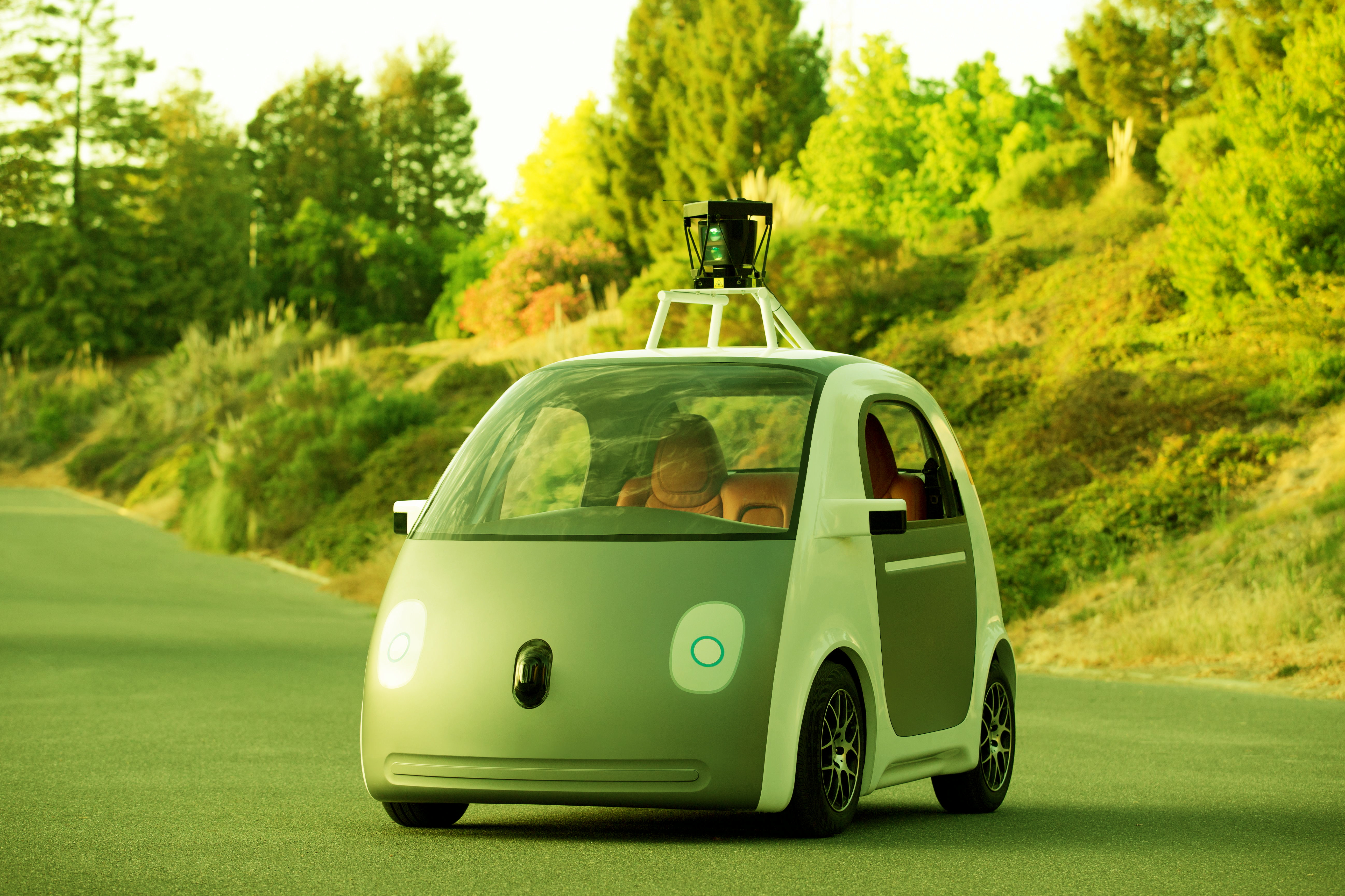
May 29, 2014 | BBC World Service, Electric Vehicles
This week I was invited to be a guest on the BBC’s Business Matters with host Jon Bithrey and The Wall Street Journal’s Alex Frangos. We had a lively conversation about Silicon Valley’s hot stories: The unveiling of Google’s driverless car and Apple’s purchase of Dr. Dre’s Beats Electronics for $3B.
Beyond the obvious detail that Google’s new car is all-electric (which Katie Fehrenbacher points out is important), we explored why driverless cars may one day contribute to a cleaner and more efficient transport sector. Find out how below…
Here’s a transcript of our conversation. It’s been edited for length and clarity. Listen from 18:27 at the BBC World Service.
Bithrey: Google is to start building its own fleet of self driving cars…Let’s bring in our guests, Alison van Diggelen in San Francisco and Alex Frangos in Hong Kong. Alison… have you seen any in your neighborhood…Google trying out their self driving cars?
van Diggelen: I’ve seen many on Highway 85 between Mountain View and San Jose. You see them a lot, but I haven’t seen this particular one. What is unique about this is that it only goes 25 mph and it’s built from the ground up…they’re going to be building about 100 of them and we’ll probably see them in and around Google, they’re going to use it between buildings on their campus. That is the plan.
But what’s exciting about it from my point of view – I cover cleantech – and the beauty of self driving cars is that it can be a more efficient way to transport us. Self driving cars can allow “platooning” so cars can convoy really close together, you can get more cars on the road and it can include car sharing. And here’s an interesting example: in the future, you may be able to rent a car, and you may not want do the autonomous self drive car, but you just call it up on your app and it can deliver itself to your door. And that to me is an interesting, futuristic view of what they one day may be able to do.
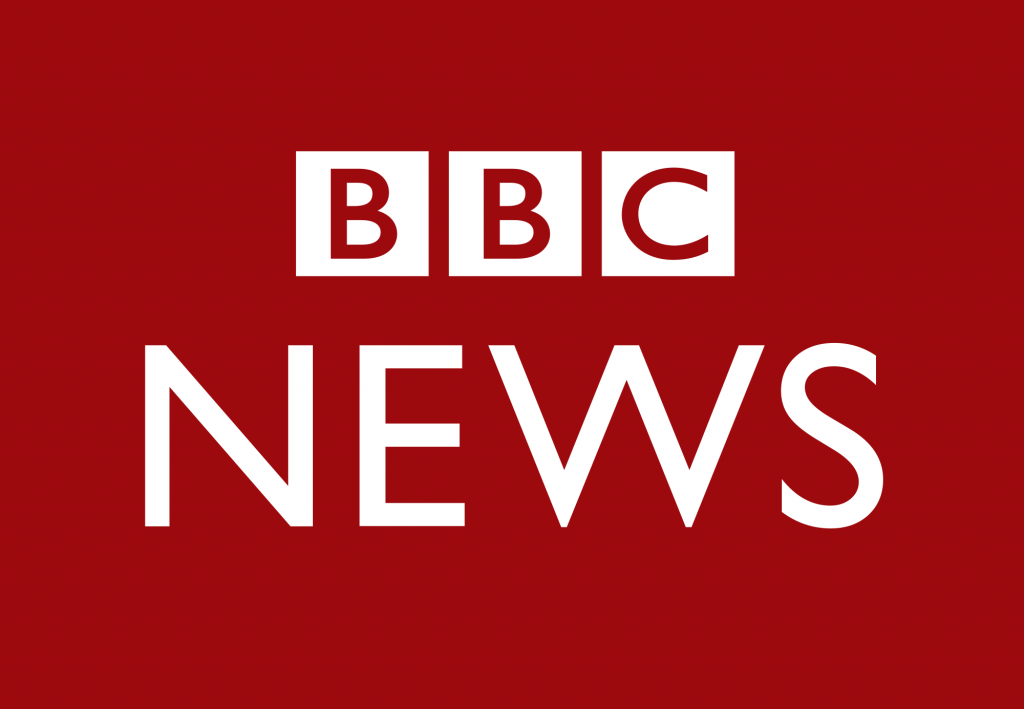 Bithrey: (laughter) It is indeed. There are critics who say that… they could make traffic worse, and urban sprawl worse because people won’t have to drive any more. It will tire them out less if they’re not having to drive themselves, and so they may be happy to make longer journeys in these and thus be more polluting.
Bithrey: (laughter) It is indeed. There are critics who say that… they could make traffic worse, and urban sprawl worse because people won’t have to drive any more. It will tire them out less if they’re not having to drive themselves, and so they may be happy to make longer journeys in these and thus be more polluting.
van Diggelen: Yes, that’s a possibility, however, the interesting thing with this car is that it is an electric car, so again that’s a greener alternative to your internal combustion engine. Another advantage of autonomous cars…is that you can have parking lots where you take your car to the edge of the parking lot and say, “Go Park Yourself.” It will have sensors on the car and in parking spaces, so those cars will be able to pack themselves in much more efficiently, so a more efficient use of available space. I take your point about longer commutes, but there are greener aspects to it too.
Bithrey: Alex Frangos in Hong Kong, is this the type of thing you’d like to try out? Would you trust a driverless car?
Frangos: I’d trust it probably as much as I’d trust all the other crazies who are on the road with me. Saying it’s unsafe is only in comparison to how unsafe it already is on the road, given how terrible drivers can be in various countries of the world. The thing that is, not troubling, but would take the enjoyment out of driving and misses the point, especially in the US of why people drive: the freedom and control it gives people. Or at least a sense of freedom and control to go where they want and do what they want… make a spontaneous turn or what not.
Bithrey: It’s just a more advanced version of cruise control isn’t it?
Frangos: No, I think it’s much more than that because you’re giving up control to the computer. So it could be a great improvement in life, but it would change what driving means, especially to Americans.
Bithrey: Yes, it might be slightly strange just having a stop/go button and not having all the other things we’re used to inside a car. OK, we’ll be back with you both on Business Matters on the BBC World Service….
Want to hear the entire show at the BBC? Listen here
Other topics we cover:
On collaboration: a group of four authors have collaborated on a single novel called “Keeping Mum.” We ask them how it’s possible to keep such a large group focused on a single plot. @26:40
On Maya Angelou: “This will resonate not just for novelists but for business people too. ‘People will forget what you said, people will forget what you did, but people will never forget how you made them feel’ (Maya Angelou)” @39:05
On Apple’s acquisition of Dr Dre’s Beats Electronics. Will it make Apple cooler? @45:56
Find out more about BBC conversations
In April, we discussed Apple’s green strategy (renewable energy supply, recycling iPods etc) on BBC Business Matters
Listen to my other appearances on BBC Business Matters re. how Fresh Dialogues began; the Dalai Lama in Silicon Valley; Scottish independence and much more.
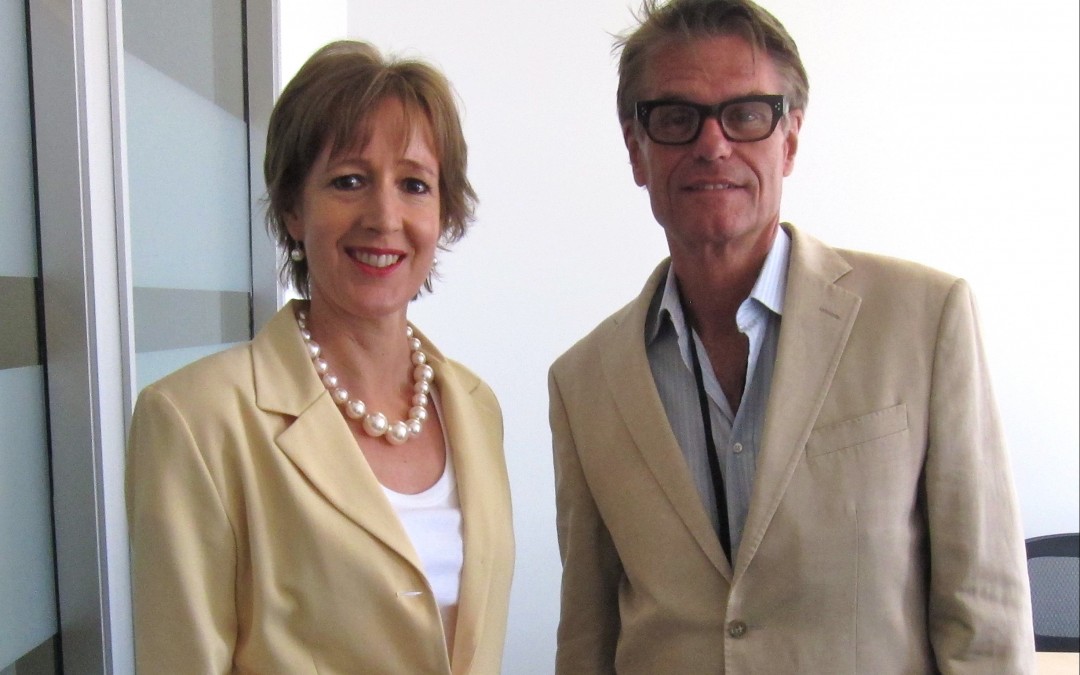
May 21, 2014 | Clean Tech, Electric Vehicles, Nuclear Energy
By Alison van Diggelen, host of Fresh Dialogues
It’s amazing who you bump into at Silicon Valley conferences! Last week, it was Harry Hamlin of Mad Men fame. Turns out he’s a huge fan of Tesla Motors and Elon Musk. I put my Mad Men zeal aside and we talked internal combustion vs electric cars; the need for clean energy and why he thinks nuclear fusion, not wind and solar, is the answer. (Here’s a little primer on nuclear fusion if, like me, your physics is a wee bit rusty).
.
“I will never buy another internal combustion engine car,” says Harry Hamlin. The Mad Men star is completely enamoured by his Tesla Model S, and says it outperforms any car he’s ever driven, and he’s driven them all during his long and tumultuous acting career: from Aston Martin to Ferrari and Lamborghini to Porsche.
We discuss his vision for a clean energy future and he gives us a lesson from Einstein on nuclear fusion. You may notice a big smile on my face when he launches into an explanation of E=MC Squared. It was one of the most surreal moments in my eventful interviewing career. Hamlin may be a pretty face, but he’s also quite the intellectual.
He eschewed questions about his investments in clean energy, however Michael Kanellos of Forbes has written about the secretive company, Tri-Alpha Energy, with which Hamlin is connected. Kanellos also points out, that although nuclear fusion offers a tantalizingly abundant source of clean power, it’s not that easy to produce at scale. Hamlin may find it easy to “drive green” but the green energy bit is still a work in progress.
In other news, Hamlin confirmed that Mad Men is “an ongoing project,” so I think we safely can conclude he survives this weekend’s series finale. He also told me about his upcoming independent movies:
“The Erotic Fire of the Unthinkable” – in which he plays “the anti-hero.” Hamlin claims it’s not as X-rated as his sounds.
“The Fourth Noble Truth” – This movie about Buddhism recently won a prize at the Sonoma Film Festival.
The interview was recorded at the World Energy Innovation Forum at The Tesla Factory on May 14, 2014.
Check back soon for my interview with the Forum Chairman and Host, Ira Ehrenpreis.
See and read about more celebrity interviews at Fresh Dialogues, including Meryl Streep, Martin Sheen and Neil deGrasse Tyson.
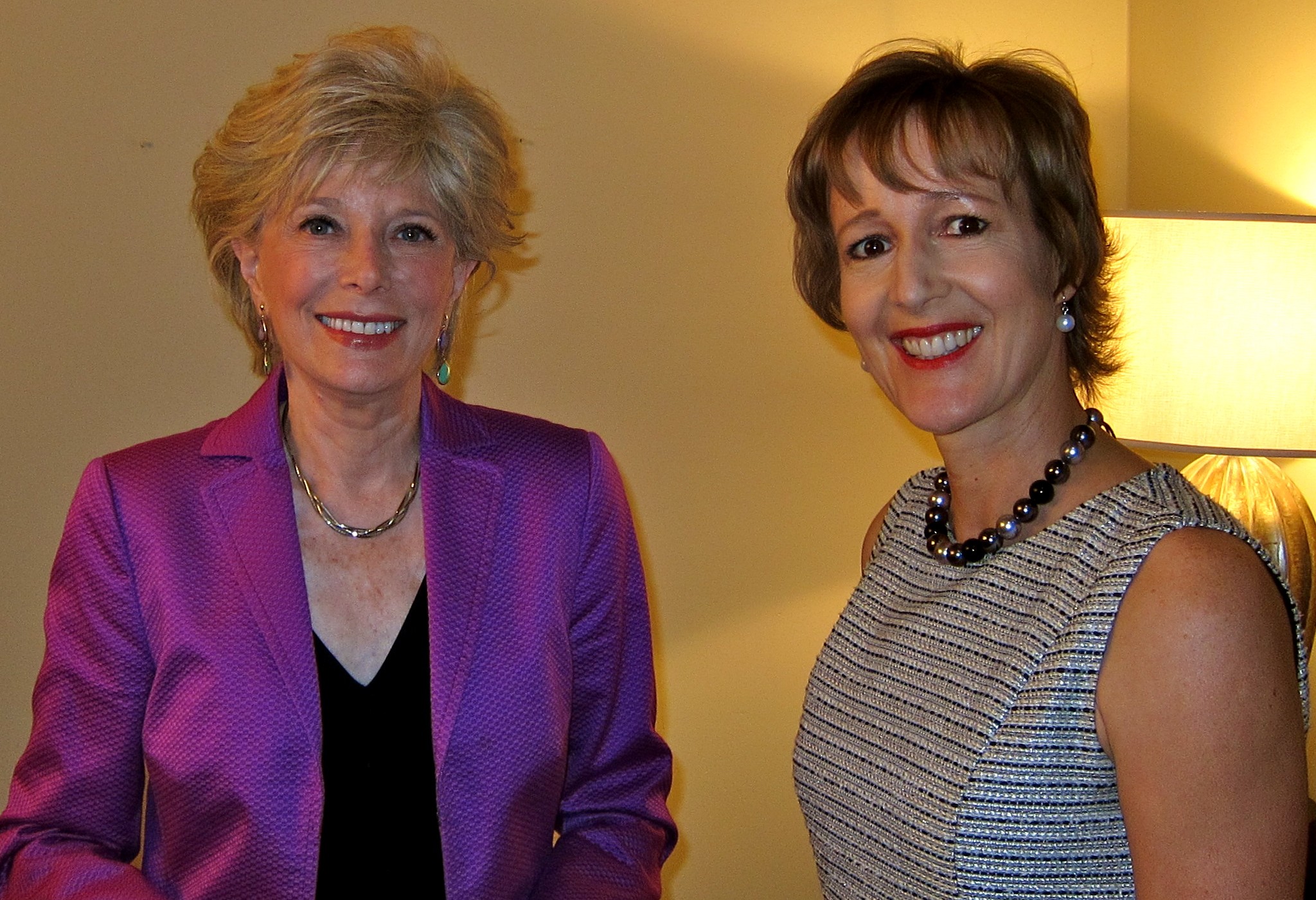
May 16, 2014 | Inspiring Women
By Alison van Diggelen, host of Fresh Dialogues
Last night, I caught up with acclaimed journalist Lesley Stahl to discuss Barbara Walters’ retirement. Here’s Stahl’s tribute to her television colleague and fellow crasher of the boys’ club:
“Barbara has been a pioneer all along,” says Stahl. “Even in hanging in there to the age of 84, she’s still leading the way.”
The 60 Minutes Correspondent and former White House Correspondent for the Carter, Reagan and George H. Bush administration gives a historic perspective on Barbara Walters’ groundbreaking role in TV journalism.
“When she started, when I started, it was generally assumed women couldn’t last in television news beyond the age of 40,” says the Emmy award winning Stahl. “Then it was 50, then Barbara reached 60…Barbara is 84, it’s fabulous!”
At 72, the vivacious Lesley Stahl continues to create newsmaking reports for 60 Minutes as well as Years of Living Dangerously. In her early days, producers told her to ”never, ever, ever smile,” she even wore glasses to look more serious. But today, the glasses are off and she frequently shows off her dynamic personality on air. She famously wrote in her biography, Reporting Live, that when she started work at 60 Minutes in 1991, joining septuagenarian colleagues like Morley Safer, she felt younger, “There simply is not a better job or a better shop in all of television news – possibly in all of journalism.”
The interview was recorded back stage at the Flint Center in Cupertino, minutes before Lesley Stahl took the stage with her 60 Minutes colleague Bob Simon, for Foothill College’s Celebrity Forum Series. Special thanks to host, Dick Henning and Foothill College President Judy Miner for their warm welcome.
Check back soon at Fresh Dialogues for Part 2 of my interview with Lesley Stahl about climate change and her eye witness account of the dramatic Arctic ice melt.
See Fresh Dialogues Inspiring Women Series featuring Meryl Streep, Susan Sarandon, Sheryl Sandberg and Belva Davis.
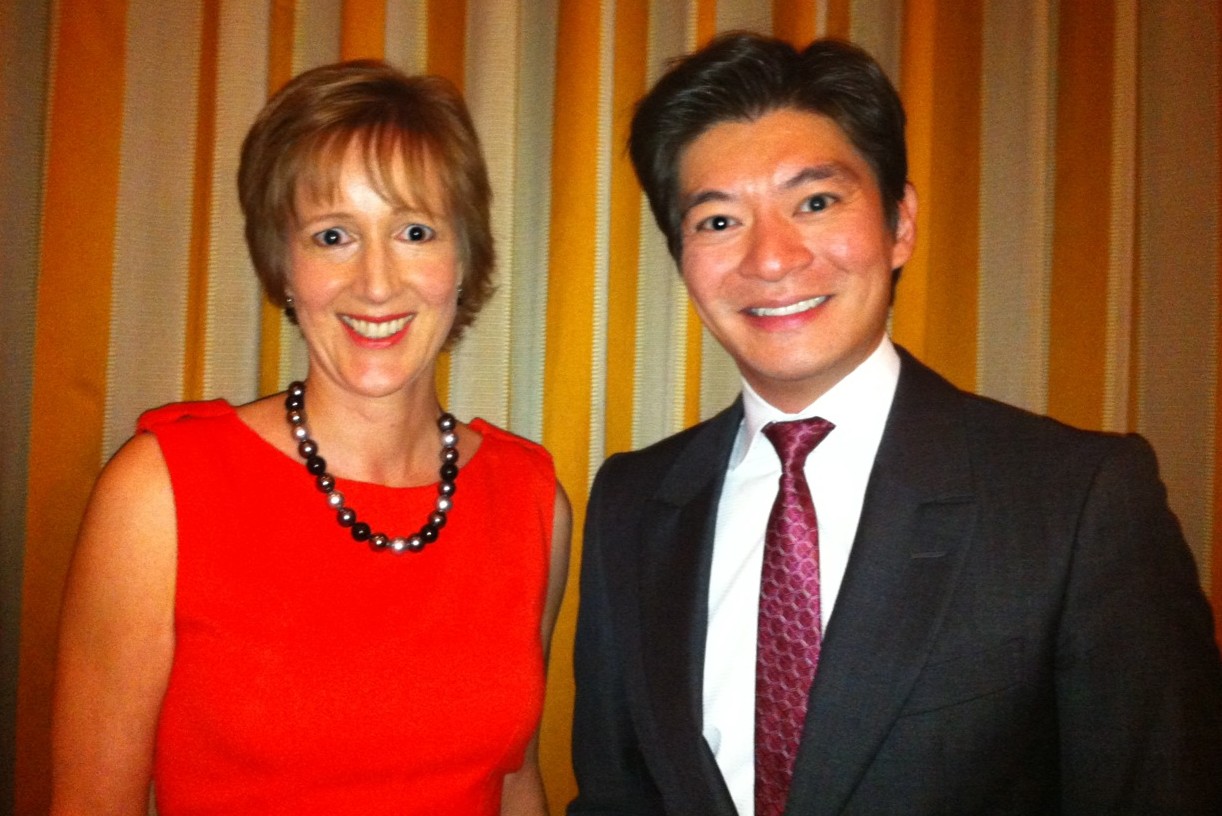
May 5, 2014 | China - what we can learn, Electric Vehicles, Storage, Technology, Venture Capital & Finance
By Alison van Diggelen, host of Fresh Dialogues
It’s no secret that cleantech has taken a bashing in the last few years, yet Andrew Chung, a partner at Khosla Ventures is still bullish about the sector’s prospects and convinced that it makes sense long-term, both domestically and globally. During our recent hour-long conversation, he admits that “keeping the cleantech fire burning” is the first thing he thinks about when he wakes in the morning.
“The number one thing is to ensure the cleantech industry continues to survive and thrive,” says Chung. He cites several companies in his portfolio that recently raised large rounds at strong valuations.
Keeping the fire burning? It’s curious imagery for someone focused on clean energy; and technologies that lower our carbon footprint. I imagine him cheerfully stoking a bonfire, plumes of black smoke filling the air.
“Would you like to qualify that?” I ask.
He chuckles, “Yes…we would capture the carbon created by the fire and transform it into something else.”
It’s a fitting segue into one of his favorite investments: LanzaTech, a company that happens to do just that. It takes carbon capture one step further, capturing waste gases like carbon monoxide from heavily polluting steel plants and converting them into “valuable fuel and chemicals.”
He calls it one of his Black Swans – highly improbable investments, that are not incremental improvements on business as usual, but giant technological leaps.
“This is cleantech done right,” Chung says. “The technology is so compelling.”
So compelling that the company recently announced a joint venture with Baosteel, a major steelmaker in China, which is investing in a new commercial facility due to come online in 2015. LanzaTech’s zero capital contribution to the deal means it can continue to scale up and pursue other partnerships in Japan, Europe, India and Russia.
I was curious to learn who helped with the initial discussions to broker the deal? None other than former British Prime Minister, Tony Blair. Those paying close attention to Khosla Ventures will remember he joined the team as a strategic advisor in 2010.
So what makes it such a compelling deal? Chung calls it a confluence of events. The blanket of smoke over Shanghai being a palpable one, leading to pressure from the Chinese government on major polluters like steel makers to clean up their act. There’s also the global ambition of many Chinese businesses who view such partnerships as strategic moves.
Societal tensions add to the pressure to solve China’s huge environmental problem. Even Jack Ma, China’s Andrew Carnegie is focusing his new philanthropic trust on health and the environment.
CONSPICUOUS ABSENCE
You’ll notice that the United States is conspicuously absent from LanzaTech’s partnership list. That fact is also at the top of Chung’s mind. Several of the potentially transformative technology companies he backs are finding it easier to get global partners than American ones.
“How do we communicate this message to D.C.?” says Chung. “If technology is not supported here, it will leave our shores.”
Chung feels the regulatory environment means that American companies are more complacent and have less appetite to take risks. He cites the U.S. car industry where employees get bonuses whether or not they achieve product improvements.
“It needs a regulatory push to compel them to take greater risk,” says Chung. “We don’t have the dire need like in China where (almost) 1 million people are dying of pollution every year.”
KINDRED SPIRITS OF ELON MUSK
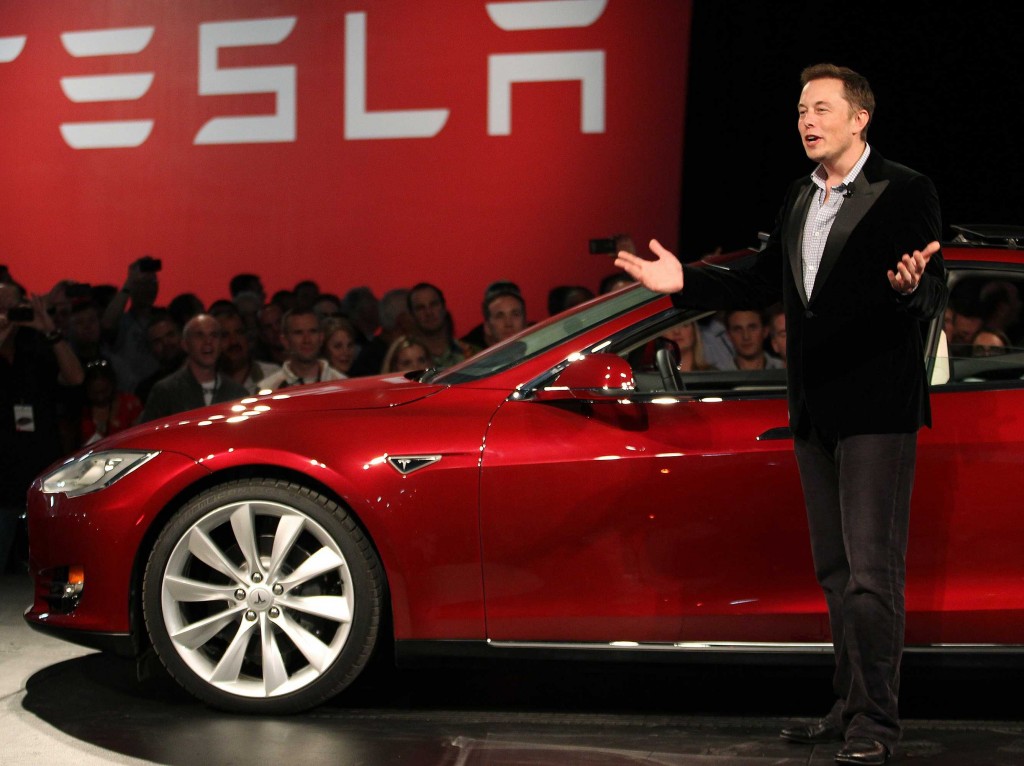 Talking of risk taking, Chung sees himself and his boss Vinod Khosla as kindred spirits of Elon Musk, who staked all his PayPal wealth on transforming the electric car sector with Tesla Motors.
Talking of risk taking, Chung sees himself and his boss Vinod Khosla as kindred spirits of Elon Musk, who staked all his PayPal wealth on transforming the electric car sector with Tesla Motors.
“It’s a major cleantech success story,” says Chung. “Elon deserves a lot of credit…he stepped on the gas when others were giving up.”
What makes them kindred spirits? It’s more than just their strong belief in technology explains Chung. He quotes Irish playwright and cofounder of the London School of Economics, George Bernard Shaw:
“All progress depends on the unreasonable man.”
“So are you and Vinod Khosla unreasonable?” I ask.
Chung laughs. “We are contrarians!” he says. “We’re willing to do what it takes.”
He points to Khosla’s investment in Ecomotors, an internal combustion engine targetting energy efficiency gains of up to 50%. The company also has backing from Bill Gates and entered into two joint venture partnerships to build plants in China, deals involving hundreds of millions of dollars. He anticipates 200,000 engines for cars and diesel generators will roll off the production lines by the end of 2016.
“We’re addressing the transport problem from both angles,” says Chung. “We are focused on the electric revolution…battery technology investments. EcoMotors is a hedge to reflect the 99% (of the transport sector) that’s not yet electricity…electric vehicle infrastructure is still a challenge.”
SINGING FOR THE WORLD


 We finally touch on what Chung calls his “secret identity,” his singing career. A finalist in Hong Kong’s version of American Idol, Chung says he has no regrets about choosing business over a singing career. Although he enjoys “bringing joy” to an audience, he’s very aware that it’s fleeting. Such momentary joy pales in comparison to his goal of having a major societal impact, or as he puts it, “Enabling 5 billion people to live like 1 billion do now.”
We finally touch on what Chung calls his “secret identity,” his singing career. A finalist in Hong Kong’s version of American Idol, Chung says he has no regrets about choosing business over a singing career. Although he enjoys “bringing joy” to an audience, he’s very aware that it’s fleeting. Such momentary joy pales in comparison to his goal of having a major societal impact, or as he puts it, “Enabling 5 billion people to live like 1 billion do now.”
Chung plans to continue singing the praises of disruptive cleantech innovation. He’s firmly committed to keeping that cleantech fire burning.
See a Fresh Dialogues interview with Andrew Chung

 Bithrey: (laughter) It is indeed. There are critics who say that… they could make traffic worse, and urban sprawl worse because people won’t have to drive any more. It will tire them out less if they’re not having to drive themselves, and so they may be happy to make longer journeys in these and thus be more polluting.
Bithrey: (laughter) It is indeed. There are critics who say that… they could make traffic worse, and urban sprawl worse because people won’t have to drive any more. It will tire them out less if they’re not having to drive themselves, and so they may be happy to make longer journeys in these and thus be more polluting.







